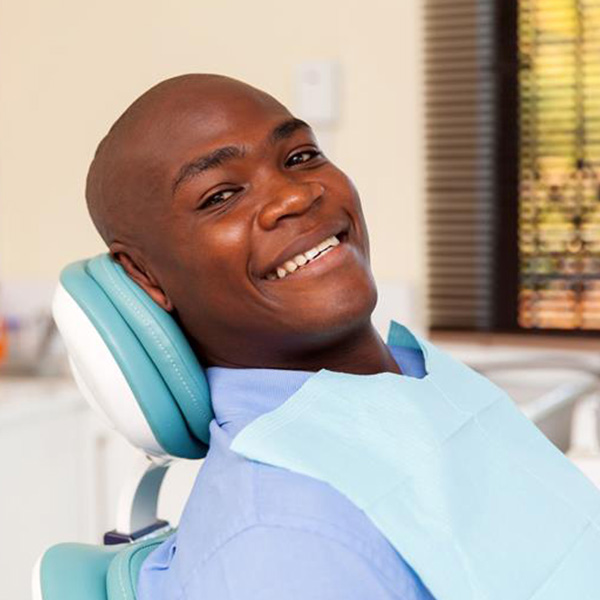Oral Cancer Screenings
Why Seeing the Dentist Could Save Your Life
You might worry about being told that you have a cavity or an early form of gum disease whenever you visit Advanced Dental Care of Springfield. In some cases, though, you might learn that you have an even more worrisome – and quite possibly deadly – condition: oral cancer. Over 53,000 American patients are diagnosed with this disease every year, and roughly one person dies from it every hour. The condition can be treated, and your chances of surviving over the next five years can be improved, but that depends largely on whether symptoms are found in time. To that end, our expert dentists will check warning signs during your regular checkups. To learn more about what happens during an oral cancer screening, get in touch with us today.

Signs and Symptoms of Oral Cancer
In many cases, you might notice symptoms linked to oral cancer on your own, but you might not recognize them for what they are since they could easily be mistaken for other health issues. Here are just a few examples of what you might notice:
- Lumps forming in your cheeks
- Red or white patches on the gums, tongue, or lining of the mouth
- A persistent mouth sore that doesn’t go away
- Difficulty swallowing, chewing, or moving your jaw
- Pain in your teeth or jaw
- An unusual lump in your neck
If any of these symptoms last for weeks, it’s highly recommended that you undergo an oral cancer test.

What Does My Dentist Look for During a Screening?
During screening, your dentist will look and feel for various symptoms that could possibly point towards oral cancer. This won’t necessarily be enough for a diagnosis on its own; if we find anything concerning, our next step will be to help you make arrangements for a biopsy or a similar test that can confirm whether or not you have a dangerous disease.
In particular, we’ll be checking for unusual lumps or discolored areas in and around your mouth. The neck will also be examined since many related symptoms will occur in this area. Note that there are different levels of screening that can be performed depending on your situation.
What to Expect During My Screening
The visual exam is the first step. In addition to the mouth itself, we may also check the face, neck, lips, and the inside of your nose. A special light allows us to see clearly, and a mirror will let us examine your mouth from every angle. We might even need to use a tongue depressor so that we can look at the back of the mouth. After that, we can move on to the physical exam, which is essentially just feeling around for unusual masses. We’ll also need to confirm that your jaw and any normally mobile tissue in your mouth can still move normally.
